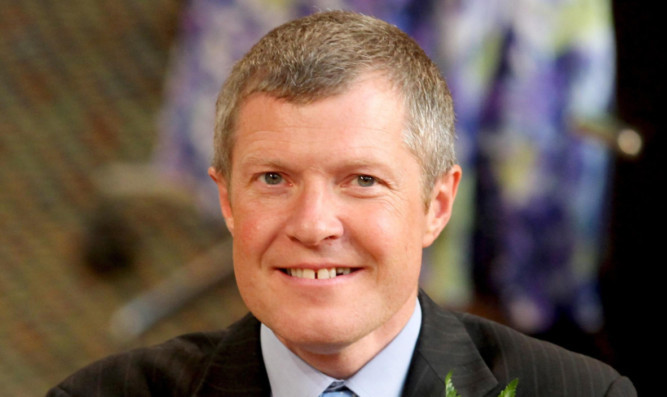
Once upon a time Lib Dem politicians complained endlessly that the media ignored them. They berated journalists for not paying more attention to the party’s earnest, well-informed debates about site value rating, solar energy and home rule. These after all were the ideas of the future.
Not any more. These days Liberal Democrats often look as though they would like the media let them lick their wounds in private.
Recent weeks have been particularly torrid. First former Cabinet Minister Chris Huhne admitted he had been lying all along about getting his then wife to take his speeding points. Then his past was raked over as his avenging ex-wife tried unsuccessfully to convince a jury that she had been forced into taking them.
Meanwhile, some female Liberal Democrat activists alleged that the party’s chief executive, Lord Rennard, had engaged in sexually inappropriate behaviour allegations that Lord Rennard himself strongly denies. It then emerged that this was not entirely news to some in the party leader’s office.
The party has not attracted quite so much unseemly attention since 1979, when its former leader Jeremy Thorpe was tried and then acquitted of the attempted murder of a man, Norman Scott, who claimed he had been in a sexual relationship with Thorpe.
But what has really changed for the party in recent years and proved truly damaging to them has not been the media interest in its alleged scandals, but rather the relentless scrutiny to which its role as part of the coalition with the Tories has been exposed. Now in power for the first time in nearly 70 years, the party has found the media very interested in its affairs indeed.
On entering government the party fully signed up to the Tories’ view that the deficit needed to be cut sooner and faster than Labour had planned. Now that the economy is still
failing to grow and the deficit to fall the party finds itself relentlessly on the defensive about how the nation’s finances are being handled.
When Nick Clegg admits the coalition cut spending on big capital projects too much and Business Secretary, Vince Cable, suggests that such spending should now be increased the media pack are ready to pounce on their every word.
But the biggest problem for the Liberal Democrats has been a policy decision made by Dr Cable himself to hike tuition fees for English university students to £9,000 in direct contradiction of an election pledge to get rid of them entirely. The Liberal Democrats have learnt the hard way that journalists like voters scrutinise relentlessly any politician who says one thing to win votes and then does another when in office.
The party’s Westminster poll rating has not recovered since (the Lib Dems only hung on in Eastleigh because the Tory vote collapsed every bit as much as theirs did) and although the tuition fees decision had no effect in Scotland, the party north of the border has been punished by voters every bit as much as their colleagues down south.
In the 2011 Scottish Parliament election the party was reduced to a rump of just five MSPs. And at Holyrood they have to sit near the back of the class, forced to claim that they “punch above their weight”. Fortunately, in Willie Rennie they have a leader who lives up to that claim.
Even so, he could not stop the party losing more than half its councillors in last year’s local elections. And at an average of 6% his party’s Holyrood poll ratings remain abysmal. Still, there might be light at the end of the tunnel.
The next Scottish Parliament election will not take place until a year after the next Commons vote. Voters will have had the chance to cast their final judgement on Mr Clegg and his Westminster colleagues.
Perhaps that will leave them ready and willing to look a little more charitably on Mr Rennie and his Holyrood hopes?

Enjoy the convenience of having The Sunday Post delivered as a digital ePaper straight to your smartphone, tablet or computer.
Subscribe for only £5.49 a month and enjoy all the benefits of the printed paper as a digital replica.
Subscribe